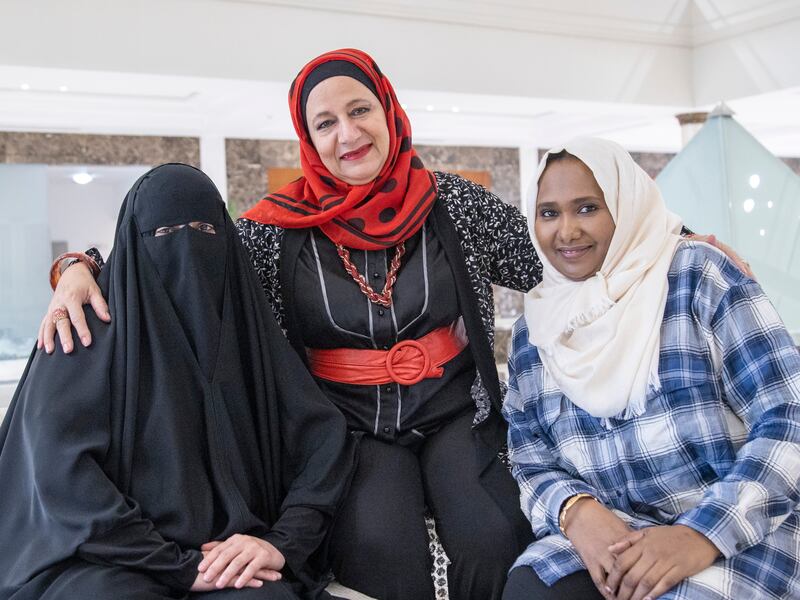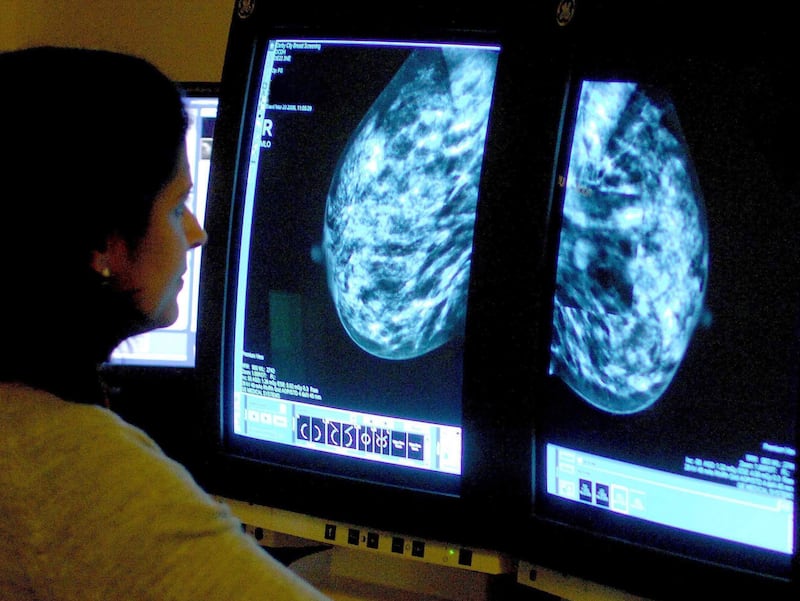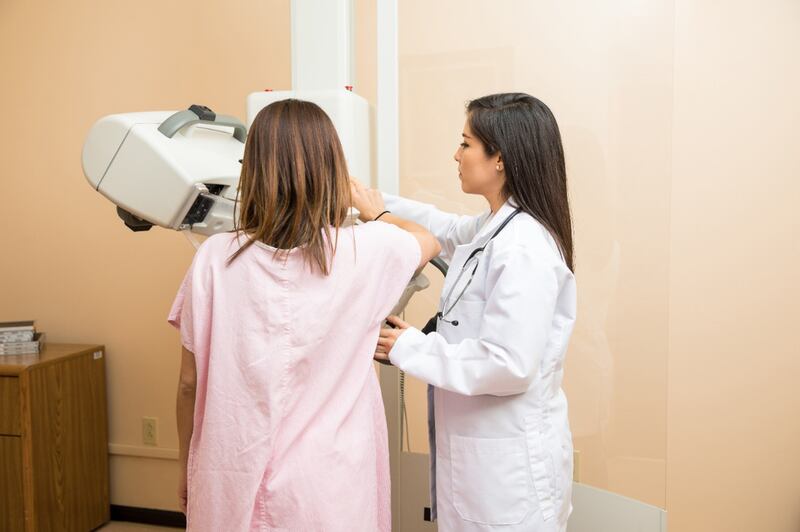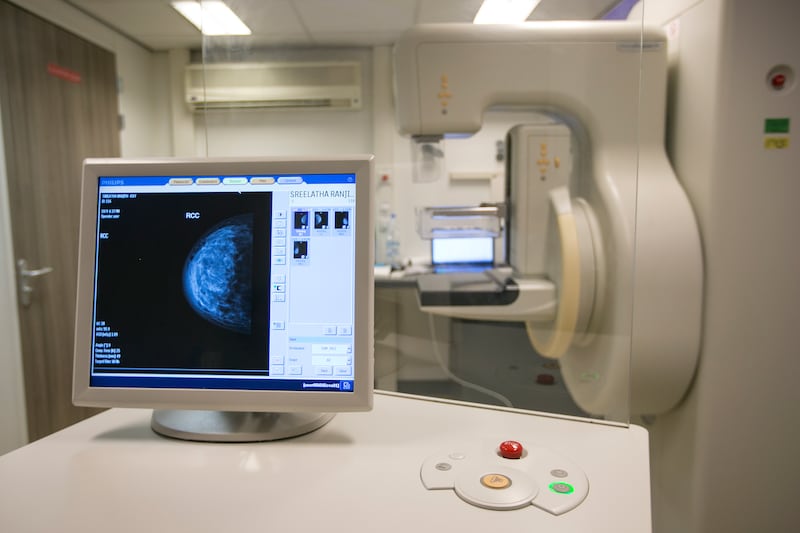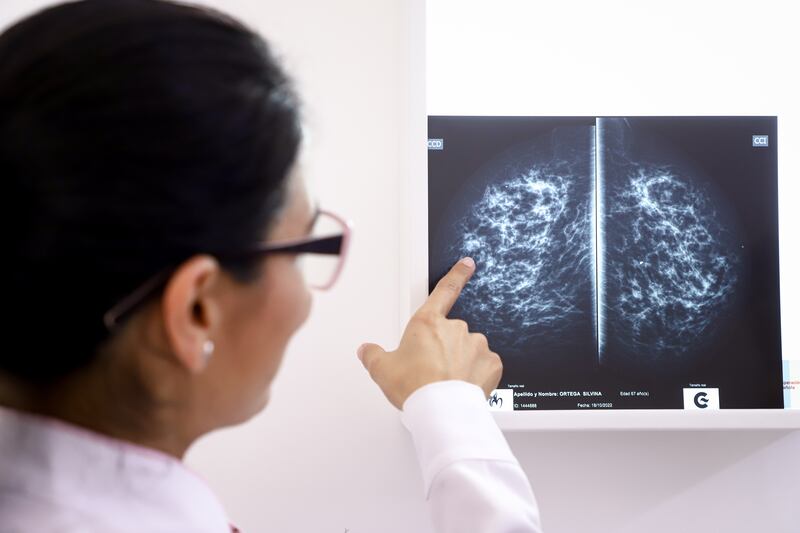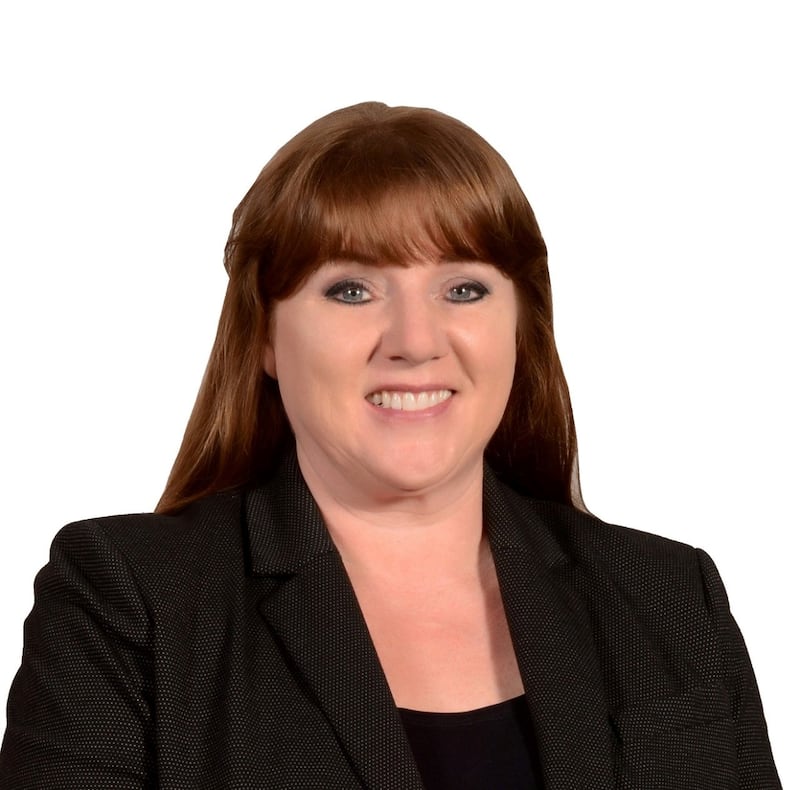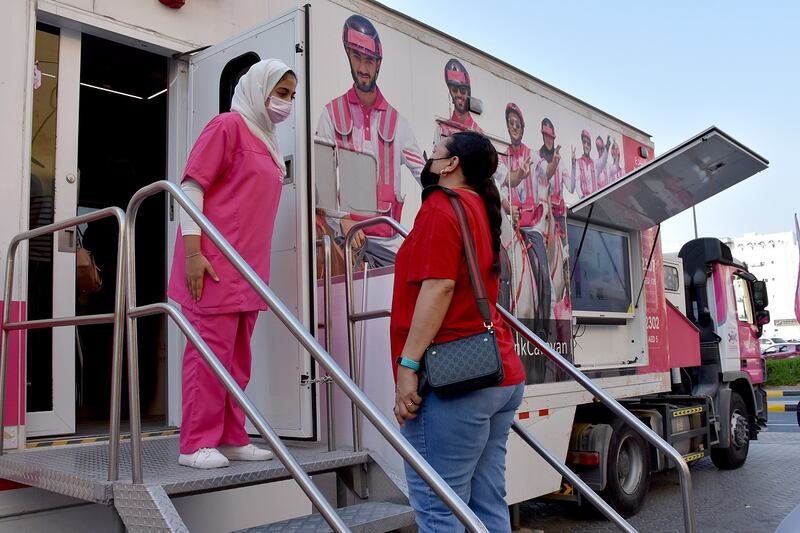Three cancer survivors from the UAE have come together to deliver a message of hope to people around the world trying to cope with the deadly disease.
The determined women have endured great struggles and painful losses on the road to recovery, but have managed to triumph over adversity.
Nesreen Hassan and Fadwa Hussein, who live in Ajman, and Dalal Abu Hammam, from Sharjah, told the National that they are loud and proud about saying "no" to cancer.
On World Cancer Day, the women said: "No to ignorance about cancer, no to denial and turning a blind eye to symptoms and no to losing hope."
Keeping the faith
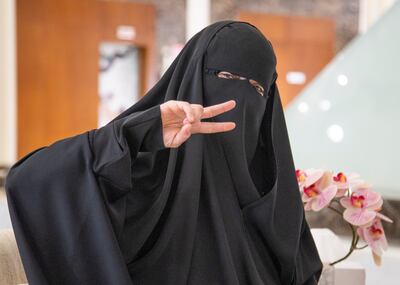
Ms Hassan, 49, originally from Gaza, had her life turned upside down by personal tragedy, as if the cancer diagnosis was not enough.
She said it felt very much like the adage, "when it rains, it pours”.
When she first felt a lump in her breast in mid 2017, she was already caring for her cancer-stricken father and worrying about the stability of her husband’s job.
“I went to a doctor who told me I was fine and not to worry,” she said.
The challenges at home did not abate, however, and another storm was approaching.
A few months later her father died, her husband lost his job, and she was told she did indeed have cancer.
“There were moments that I was completely devastated, but my faith pulled me back up on my feet,” she said.
Because the lump was very small, the mother of three did not need chemotherapy.
She had surgery to remove the growth, but then her medical insurance expired.
She approached the Friends of Cancer Patients Society, based in Sharjah, which covered the costs of her radiotherapy and the rest of her treatment.
But her misfortune did not end there .
In 2021 her husband, who was still unemployed, died after contracting coronavirus.
“I lived a lavish life before and in a moment I found that I was living off charity. I was shaken, but not broken.”
Ms Hassan refused to be beaten and set about rebuilding her life.
“I began offering homemade food for sale and now I have the SaltySweety Instagram page to market my products.”
The generosity of others throughout her ordeal helped to strengthen her resolve.
“The support I received from people after my husband’s death was astonishing,” she said.
Reflecting on her experience, she said she wished she had educated herself more about the disease.
“Had I known the difference between cancer types, I wouldn’t have been devastated the way I was when I first heard I had grade 1 breast cancer,” she said.
Fear of leaving children behind
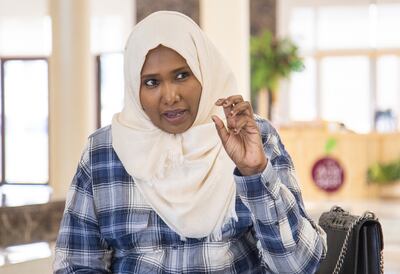
Fadwa Hussein, 41, immediately thought of her children when she found out she had cancer,
The Sudanese mother of two spotted a lump while changing her clothes in 2016.
“I went into the nurses’ office when I received the news and broke down in tears thinking about what will happen to my small kids if I die,” she said.
Ms Hussein had to have her breasts and uterus removed.
She says the physical effects of the surgery was immense, but the mental toll was even greater, albeit not for long.
“I was surrounded by strong support from my family. They cooked for me, took care of my kids, and listened to me when I needed to vent.”
After she met other cancer patients, including children at Tawam hospital, she began to cheer up other patients, not knowing she was lifting her own spirits in the process.
Genetic screening showed that she had a significantly elevated risk of developing breast and uterus cancer, so surgeons performed a double mastectomy and removed her uterus.
“We can’t and should not lose hope when we are living an experience that is part of God’s plan for us.”
Creeping cancer concerns
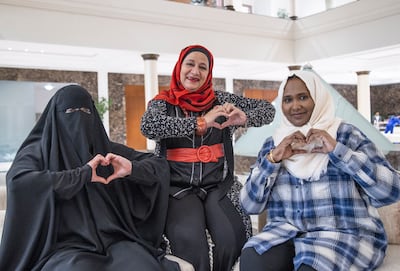
Dalal Abu Hammam was told she was being paranoid when her own concerns about having cancer increased after the diagnosis of a friend.
“For many months and after visiting three doctors, I was told there was nothing and I was fine,” said Ms Hammam, who is from Jordan.
A series of ultrasound scans and tests over three months found no sign of the disease, until her deepest fears were realised.
“When it was finally detected in 2017, I would wake up at night to find my husband crying,” she said.
Ms Hammam said she had always been a strong person and was determined to face this challenge head on.
With a strong support system of husband, family and friends who were there for her every step of the way, she underwent a course of chemotherapy sessions.
“When my hair fell out, my son, who was nine then, couldn’t accept to see me bald and asked me to cover my head with a scarf, which I did.”
After 20 chemotherapy sessions, the miracle happened and the mass had entirely disappeared. She did not need radiotherapy but surgery was advised to clear the infected area.
“They removed small cysts that were found around the mass when It was first detected just as a precautionary measure.”
What are the next steps in cancer treatment?
Humaid Al Shamsi, director of oncology services at Burjeel Medical City in Abu Dhabi, emphasised that catching the disease early is of paramount importance.
“This is the only way we can reduce deaths from this disease ― early screening and early detection,” Prof Al Shamsi said.
Cancer was the leading cause of deaths worldwide in 2020, according to the World Health Organisation's most recent data, with close to 10 million losing their lives to the disease.
Statistics reveal that the most common forms of the disease are breast, lung, colon and rectum, and prostate cancers.
“The next phase of cancer care should focus on quality control measures implemented by regulators across the UAE. A federal cancer agency is recommended, as cancer care requires a specialised governor," Prof Al Shamsi said.
“ A national UAE cancer control programme is much needed to improve early detection, screening, and appropriate referrals to cancer networks,” he said in a study called “The State of Cancer”.
Muhammad Khanani, division chief of haematology and oncology at Tawam hospital, said that for survival rates to improve further, early detection and referral was crucial.
“If a child suffers from symptoms such as prolonged headaches or severe back pain, then seek help immediately,” Dr Khanani said.
